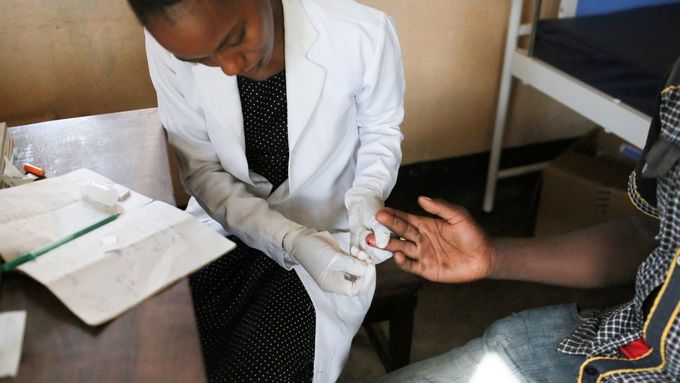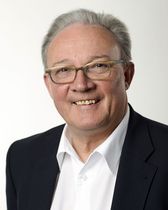Accelerated Research and Development Needed to End Malaria
23.08.2019
New tools for malaria prevention and treatment are required to eradicate malaria in the foreseeable future, according to the World Health Organization (WHO). An overview of concrete findings and recommendations have been published today by the WHO’s Strategic Advisory Group on Eradication (SAGme), led by Marcel Tanner, Director Emeritus of Swiss TPH and President of the R. Geigy Foundation.

WHO Advisory Group urges the international community to accelerate efforts in malaria eradication. (Photo: Danielle Powell/Swiss TPH)
The expert group’s report also flags the urgent need for progress to advance universal health coverage and improve access to services and better surveillance to guide a more targeted malaria response.
“To achieve a malaria-free world, we must reinvigorate the drive to find the transformative strategies and tools that can be tailored to the local situation. Business as usual is not only slowing progress, but it is sending us backwards,” said Marcel Tanner, Chair of SAGme.
The group has published the executive summary of its report today, ahead of a WHO-hosted forum on “Rising to the Challenge of Malaria Eradication” to be held in Geneva on 9 September 2019.
Saving lives and boosting economies
The findings show that scaling up current malaria interventions would prevent an additional 2 billion malaria cases and 4 million deaths by 2030 – provided those interventions reach 90% of the population in the 29 countries that account for 95% of the global burden.
The cost of this scale-up is estimated to be USD 34 billion. The economic gain would be around USD 283 billion in total gross domestic product (GDP) – a benefit to cost ratio in excess of 8:1.
About the WHO's Strategic Advisory Group on Eradication (SAGme)
SAGme is composed of 13 leaders and scientists representing a range of disciplines and geographies. They are supported by representatives from WHO collaborating centres, WHO staff and other key stakeholders. Swiss TPH scientists contributed though the WHO collaborating centre on Modelling, Monitoring and Training for Malaria Control and Elimination.
Over the past 3 years, SAGme has considered the biological, technical, financial, socio-economic, political and environmental factors that underpin malaria. Its final executive summary presents a set of findings and recommendations to the WHO Director-General, Dr Tedros Adhanom Ghebreyesus.
Stay connected
Subscribe to our newsletter and get all the latest research news, project updates, course and event listings from Swiss TPH.
